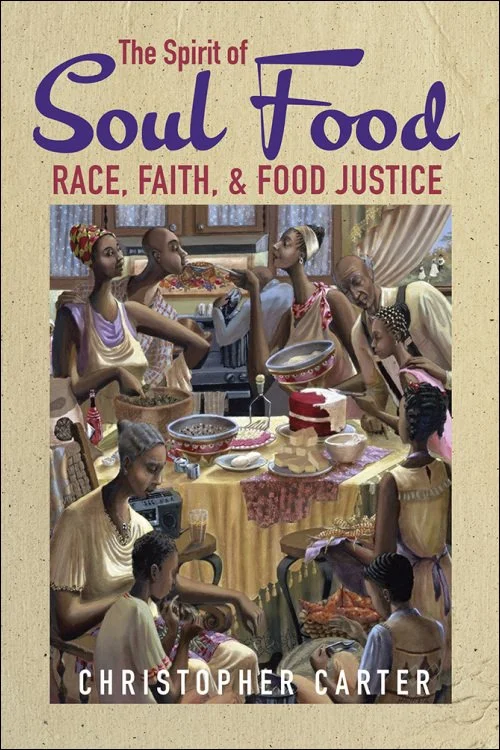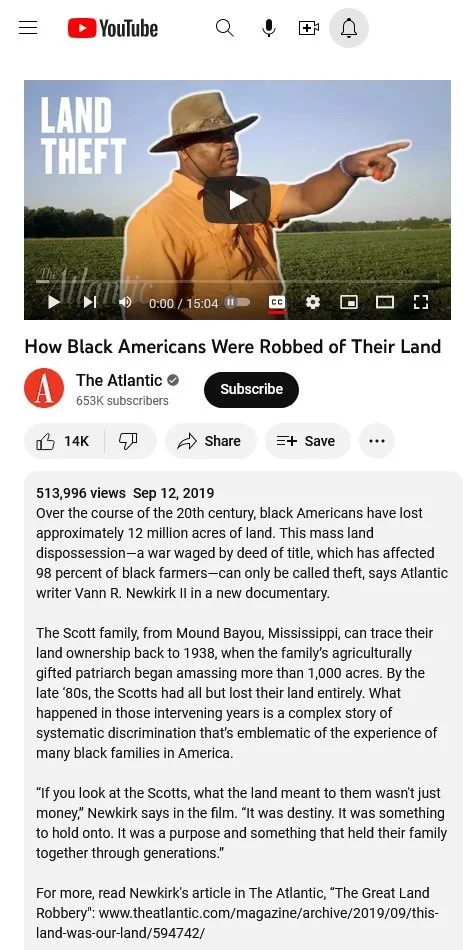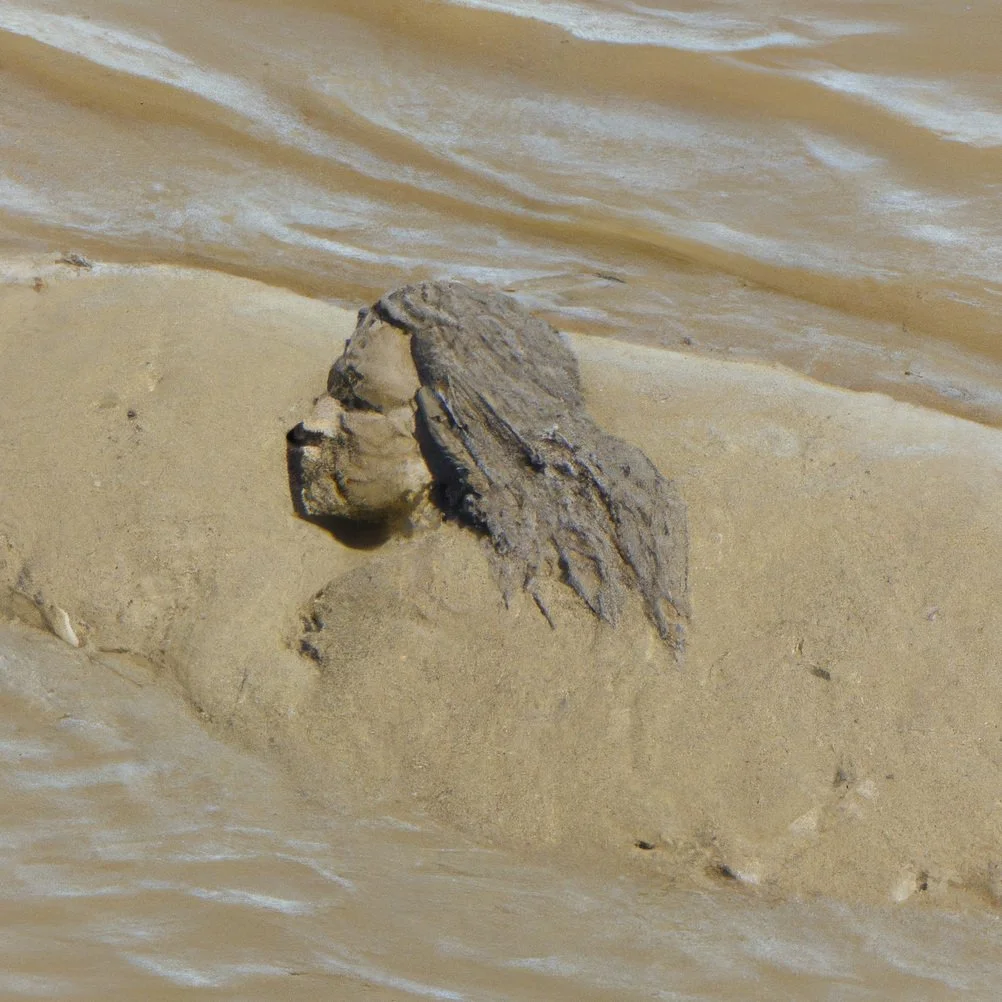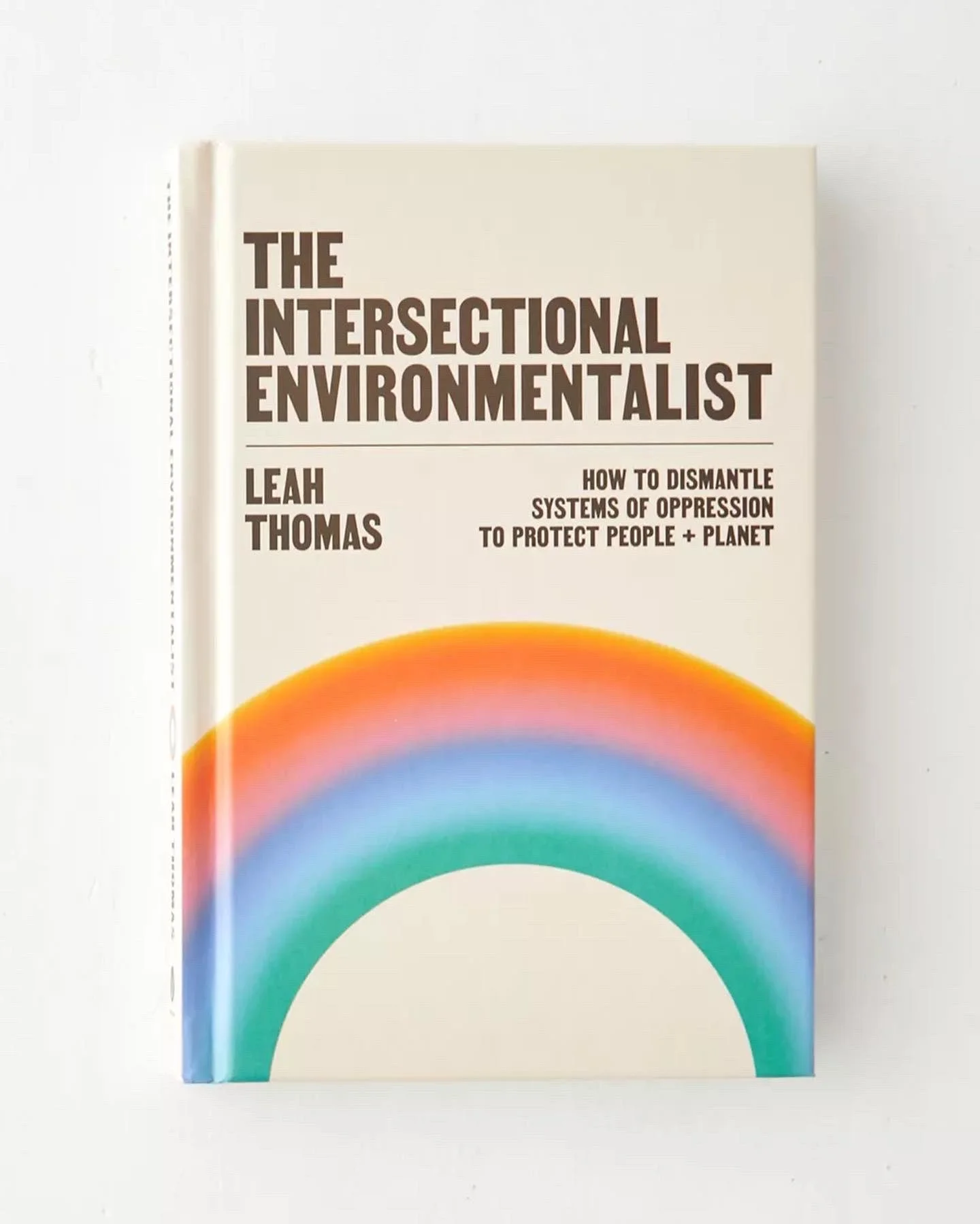Join the Black Land Consortium as they engage with ideas surrounding architecture, design, education, racial capitalism, black migration patterns, black land dispossession and a world after property.
Join the Yale Forum on Religion and Ecology with Sam Mickey, as he and Christopher Carter discuss The Spirit of Soul Food on the Spotlights Podcast. As the two chat, Carter, summarizes his book as a reimagining of soul food from a plant based perspective while practicing the principles of decolonization.
Sharona Shnayder, founder of Tuesdays for Trash was recently announced as one of National Geographic Society's 15 Young Explorers. What started as enthusiasm for environmental activism later became, Tuesdays for Trash, a safe way to meet with friends during Covid-19 lockdown. Shnayder then used social media to inspire thousands from 40 countries to remove more than 30,000 pounds from the environment in three years.
A Dumbarton Oaks symposium held May 12-13, 2023.
In the African Diaspora, environmental catastrophe has been a longstanding condition of life. And today, African communities throughout the world bear the brunt of climate disaster. In this 2023 issue, writers and artists explore this long and short view; together, they create a perspective that helps us understand this moment and move forward to address it.
Farmer-activists Karen Washington and Olivia Watkins created the Black Farmer Fund to boost Black farmers, agricultural businesses, and food entrepreneurs in the Northeast with tools, training, and cash.
Critical Mapping for Sustainable Food Design co-author Audrey G. Bennett was interviewed by ECOllective contributing writer Michele Washington for this article.
Extreme climatic events such as heatwaves and flash floods have resulted in major disruptions and challenges for universities across Africa. Extreme heat events, due to global warming, have been associated with low student turnout, low academic performance and health risks for academic staff and students.,
Why are African Americans so underrepresented when it comes to interest in nature, outdoor recreation, and environmentalism?
“Botanical gardens of the dispossessed” is the co-authors’ lyrical term for sites arising from devastations. The transatlantic slave trade forced millions of Africans into bondage. Until the early 19th century, enslaved Africans came to the Americas in greater numbers than Europeans.
Martha S. Jones, New York Times. June 21, 2022
Fossil fuel company uses black leaders in Virginia to support pipeline and deceive communities, a continuation of long-standing exploitative practices by oil and gas companies.
They are very health-conscious and envision a wellness center on the farm. Great! But the other side of the situation is that dependence on psychogenic substances to ease the pains of impoverishment has devastated black communities.
Examining the inextricable link between environmentalism, racism, and privilege, Leah Thomas explains her conviction that we cannot save the planet without uplifting the voices of its people, especially those most often unheard.




























